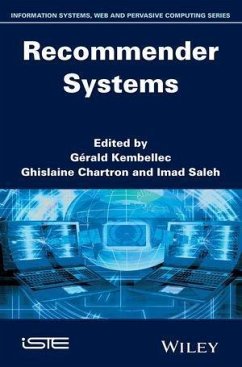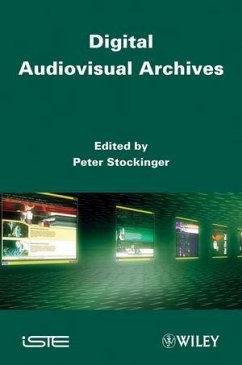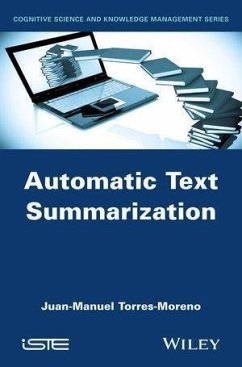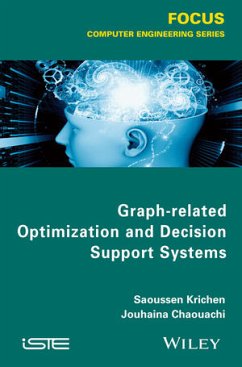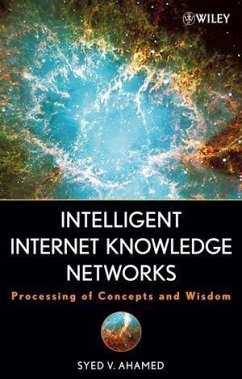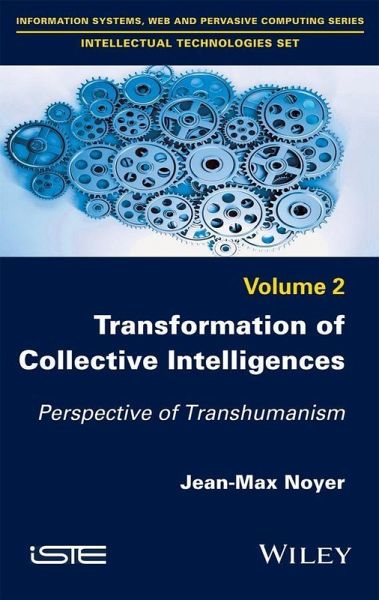
Transformation of Collective Intelligences (eBook, PDF)
Perspective of Transhumanism
Versandkostenfrei!
Sofort per Download lieferbar
139,99 €
inkl. MwSt.
Weitere Ausgaben:

PAYBACK Punkte
0 °P sammeln!
There is a great transformation of the production of knowledge and intelligibility. The "digital fold of the world" (with the convergence of NBIC) affects the collective assemblages of "thought", of research. The aims of these assemblages are also controversial issues. From a general standpoint, these debates concern "performative science and performative society". But one emerges and strengthens that has several names: transhumanism, post-humanism, speculative post-humanism. It appears as a great narration, a large story about the future of our existence, facing our entry into the Anthropocen...
There is a great transformation of the production of knowledge and intelligibility. The "digital fold of the world" (with the convergence of NBIC) affects the collective assemblages of "thought", of research. The aims of these assemblages are also controversial issues. From a general standpoint, these debates concern "performative science and performative society". But one emerges and strengthens that has several names: transhumanism, post-humanism, speculative post-humanism. It appears as a great narration, a large story about the future of our existence, facing our entry into the Anthropocene. It is also presented as a concrete utopia with an anthropological and technical change. In this book, we proposed to show how collective intelligences stand in the middle of the coupling of ontological horizons and of the "process of bio-technical maturation".
Dieser Download kann aus rechtlichen Gründen nur mit Rechnungsadresse in A, B, BG, CY, CZ, D, DK, EW, E, FIN, F, GR, HR, H, IRL, I, LT, L, LR, M, NL, PL, P, R, S, SLO, SK ausgeliefert werden.




